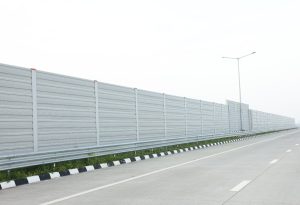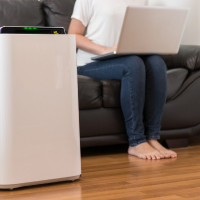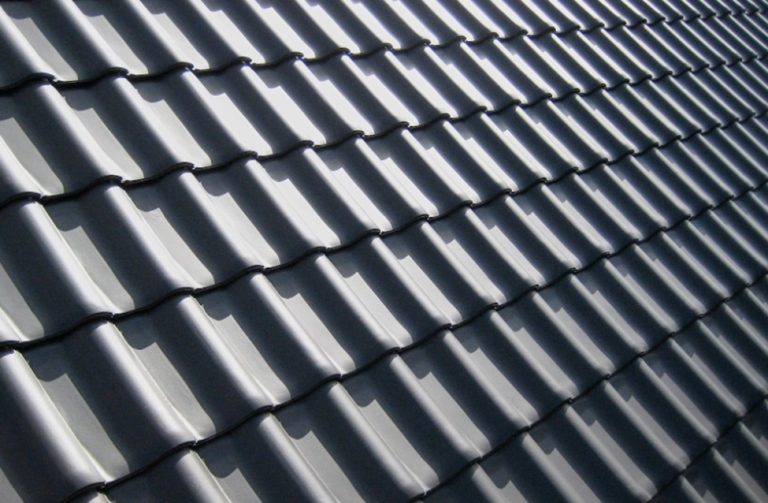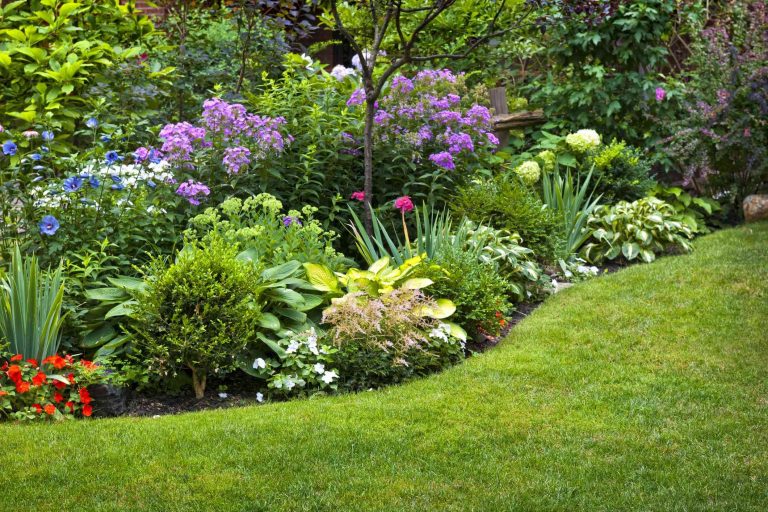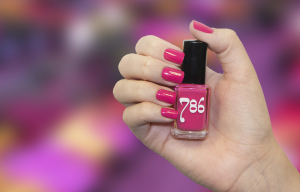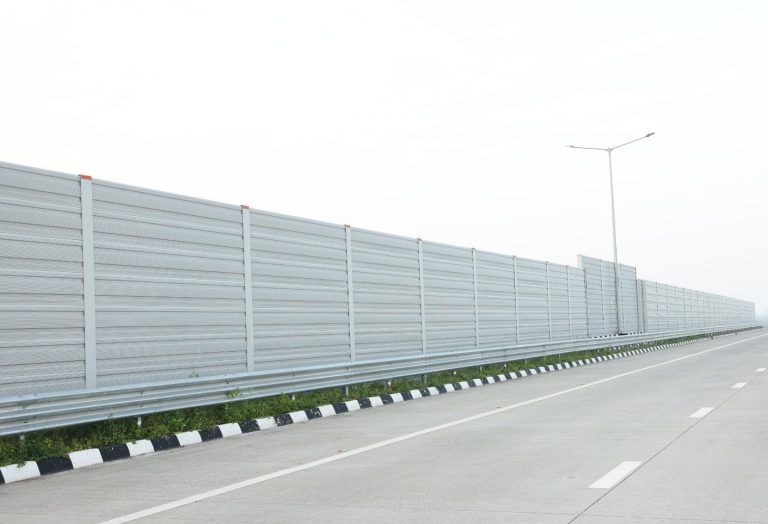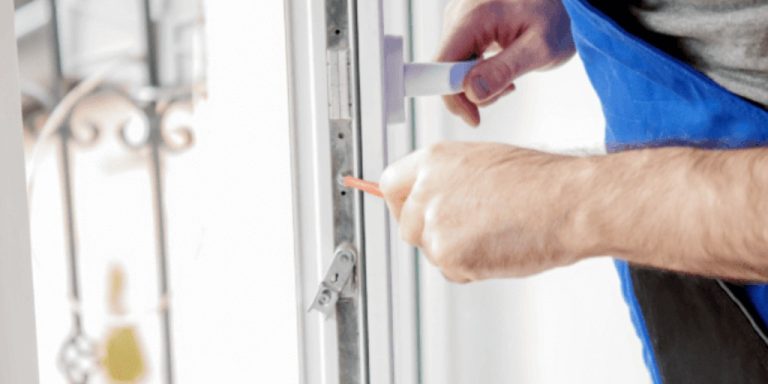Asthma can be triggered by dust, smoke, pet dander, mould and pollen that can be found in one’s home. There is currently no cure for this condition, so it is essential to reduce exposure to these environmental triggers by using an air purifier for asthma.
An air purifier is often mistaken with an air filter. While both devices trap and filter out pollutants, only an air purifier can sanitize the air circulating the house. On the other hand, an air purifier is different from a humidifier because humidifiers only prevent the air from being dry and have no direct effect on allergens and pollutants.
To effectively help people with asthma in the family, it is significant to choose an air filter that can effectively filter tiny particles. This article will provide different types of air purifiers that can be a good choice for your home, as well as other tips when looking for the most suitable air purifier.
Types of Air Purifiers for Your House
Air purifiers can be bought in all shapes and sizes. Some are portable, and some are big machines that can purify larger spaces. An air purifier for asthma performs the same function, but the technology behind each air purifier works differently. Read more to find out.
- HEPA Purifiers – These are effective against particle pollution, and they do not produce any harmful by-products. It uses a more mechanical process in filtering and trapping particles.
- Adsorbent Purifiers – These purifiers use adsorbents that attract substances to their surface through a physical or chemical process. They have no harmful by-products and can also remove pesky odours.
- UV Purifiers – By using this purifier, the airborne microorganisms are broken down through a process called ultraviolet germicidal irradiation (UVGI). It is used generally as an antibacterial and antiviral disinfectant method in clinics and hospitals.
- Ionic Purifiers – Instead of filter technology, these purifiers use ionized particles that attach themselves to the pollutants floating around the purifier. They are cheaper but less effective than HEPA
Things to Consider When Buying an Air Purifier
First, consider where the air purifier is going to be installed. It is often recommended to use an air purifier in the bedroom to target a small space and effectively clean the air.
When purifying the more frequently occupied part of the house, like the living room or dining room, a HEPA purifier is the best option. A HEPA purifier is powerful enough to handle the air’s recirculation as quickly as possible using its filter. Since the air movement in these rooms is unpredictable due to people’s continuous passing, allergens are more likely to increase and be actively distributed.
Also, make sure to buy the correct purifier size for the room you want to clean the air. Installing multiple air purifiers to accommodate a larger room is also an option, but, in this case, a more giant air purifying machine can more effectively do the job.
Managing asthma can be done by preventing environmental allergens from being present in the house. Air purifiers can help people with asthma by getting rid of these allergens in the air. Besides choosing the suitable air purifier for your home, it is important to practice regular home cleaning and maintenance.

